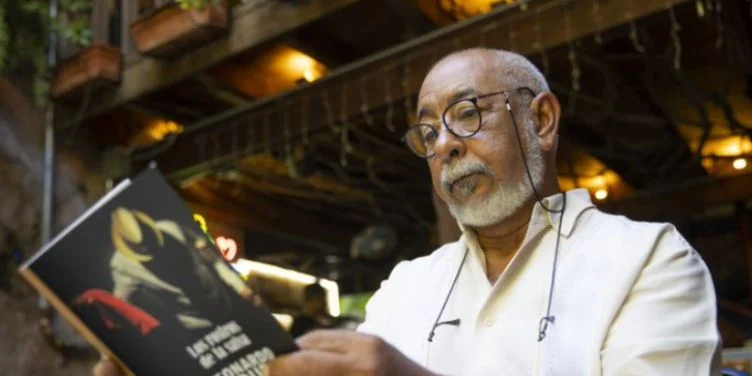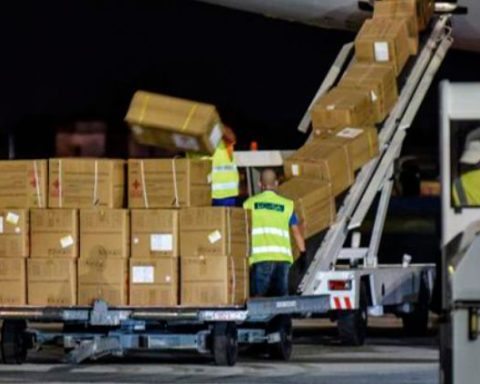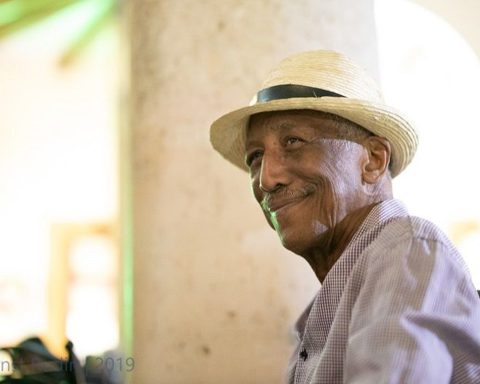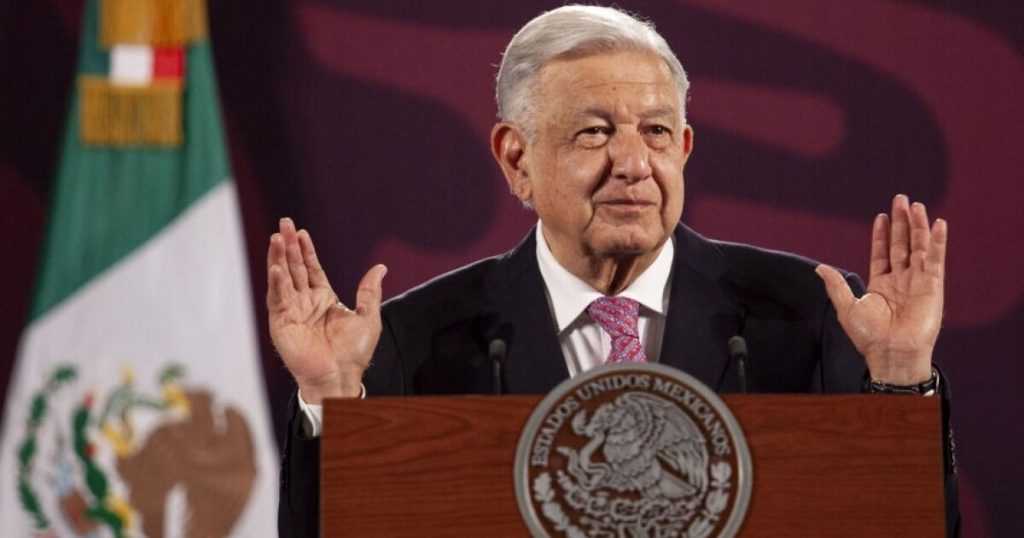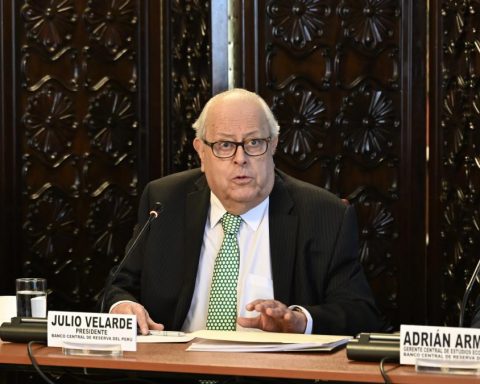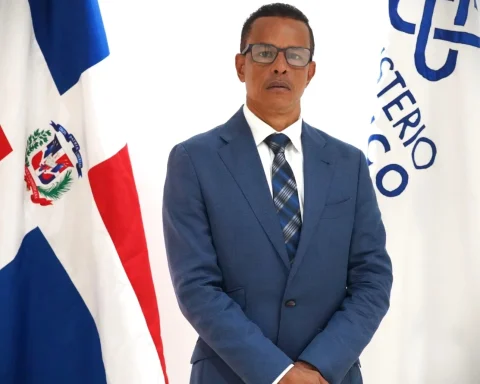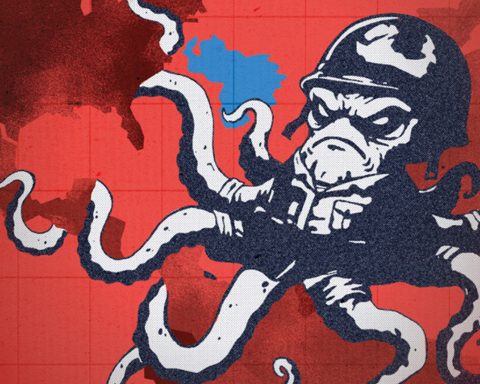MIAMI, United States. – Cuban writer Leonardo Padura He told the EFE agency that the Island is experiencing the worst crisis in its history, with a profound deterioration in all aspects of daily life. He also mentioned that, in the last three years, More than a million Cubans have left the countrywhich is equivalent to 10% of the population.
“The option left to people is to leave. And it is not those who want to leave, but those who can, because an exit via Nicaragua and the coyotes costs around 10,000 dollars,” said Padura.
The writer, winner of the Cuban National Prize for Literature and the Princess of Asturias Award for Literature, spoke about the growing pessimism that prevails in the largest of the Antilles. “I think that people see things with a lot of pessimism. They are very tired, very exhausted,” he said.
The writer also highlighted the difficulties faced by Cubans in terms of access to food, water and electricity. “Cuba is also currently facing problems with water distribution, electricity supply, food supply and brutal inflation,” he said.
Padura illustrated this situation with a close example: “My mother receives my father’s retirement pension, which is 1,800 pesos[about15dollarsattheofficialexchangerateof1x120)andacartonof30eggscosts3000pesosifyoucangetoneTherationcardhasnotincludedapacketofcoffeefortwomonths”[unos15dólaresalcambiooficialde1x120)yuncartónde30huevosvale3000pesossiesqueloconsiguesHacedosmesesquelacartilladeracionamientonoincluyeelpaqueticodecafé”
Hopelessness is another of the themes that the writer addressed in his statements. According to Padura, the loss of confidence in the future of the country has led many Cubans to seek a permanent exit. “In the last three years, with no other option than to leave, more than 10% of the population left,” he commented. This situation, he explained, has generated a deep deterioration in society. “A society without hope has a hard time being able to offer you what you need as an individual,” he reflected.
In May of this year, in an interview Speaking to French news agency AFP, the writer described the current Cuban reality as a “dystopia.” “Cuba is more like a story about a dystopia. It is a place where a structure has been created in which things work according to very specific codes,” he explained.
When asked if anything is changing on the island, he said: “There is a problem with Cuba, since the socio-political economic system has been the same for more than 60 years, it seems that nothing is happening, and many changes are occurring in Cuban society.”
The writer mentioned as an example the small private enterprises that take advantage of “all the spaces that the inefficiency of the State has created over the years.”
Regarding whether there will be any major changes in Cuba, he said: “I hope so. I trust in dialectics. I think yes, there could be. Time will tell.”
Although he thinks about leaving Cuba every day, he has decided to stay: “It is my place; my culture, my language, my family, my references are there; my literature, my characters are there. My conflicts have to do with that Cuban reality,” he explained.
In recent years, Padura has referred incessantly to the harsh crisis that the Island is going through and is marked by a lack of food and medicine, prolonged power outages due to a lack of generation, and mass emigration.
In February of this year, he reflected on a column published in the Spanish newspaper The Country about the growing wave of migration affecting the Island, marked by the exodus of close friends and acquaintances, who leave the country in search of a better future.
In the writing, Padura pointed out the disproportion between the income of retirees and workers and the cost of livingwhich he defined as an unsustainable economic reality that pushes even the most rooted inhabitants to make the difficult decision to leave.
“Today we are seeing a country bleeding to death, not only by young people seeking a less uncertain future, but also by people like my old friends, in search of a future that is undoubtedly very uncertain, in which they will suffer nostalgia and feel loss, but in which at least they will have the closeness of their loved ones and, with them, among other things, perhaps, relief from so much historical weariness,” he wrote.
